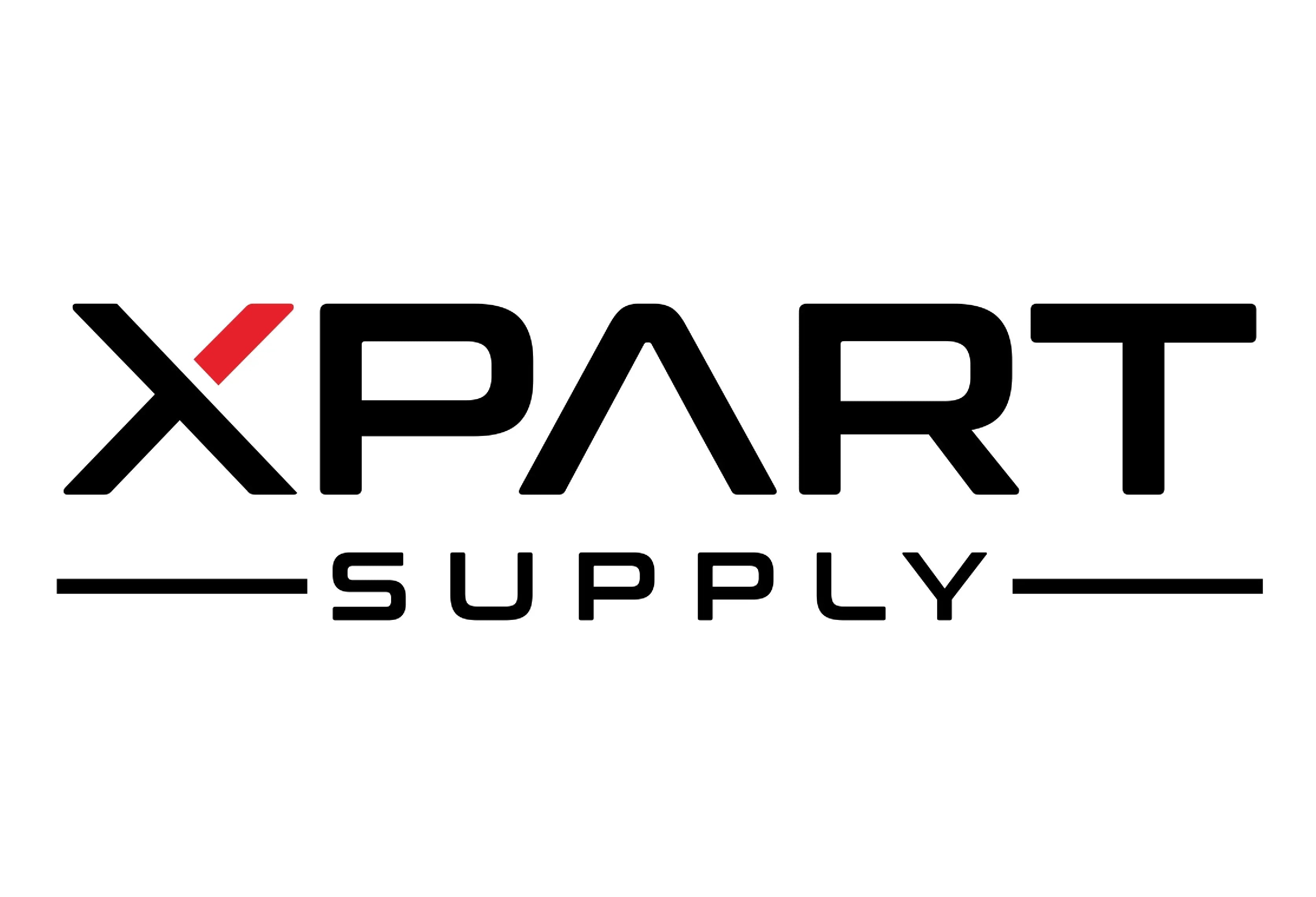Appliances are essential to our daily lives, but when they malfunction, it can be frustrating. Fortunately, many common appliance problems can be resolved with simple troubleshooting techniques. By following these tips, you may be able to save time and money by avoiding unnecessary repairs or replacements.
Refrigerator Issues
One common issue with refrigerators is poor cooling. If you notice that your fridge is not keeping food cold enough, start by checking the temperature settings. The ideal temperature for a refrigerator is between 37-40 degrees Fahrenheit. If the settings are correct, make sure the condenser coils are clean and free of dust, as dirty coils can cause cooling problems.
Washing Machine Woes
If your washing machine is not draining properly, the problem could be a clogged drain hose or filter. Check these components for any blockages and clear them if necessary. Additionally, uneven loads can cause the machine to become unbalanced during the spin cycle. Make sure to distribute the laundry evenly in the drum to prevent this issue.
Dishwasher Dilemmas
For dishwashers, a common problem is dishes coming out dirty after a cycle. This could be due to a clogged spray arm or a malfunctioning water inlet valve. Inspect these parts and clean or replace them as needed. Also, using the right amount of detergent and ensuring hot water is reaching the dishwasher can improve cleaning performance.
Oven and Stove Troubles
If your oven is not heating up properly, the issue might be a faulty heating element or temperature sensor. Test the element for continuity using a multimeter and replace it if necessary. For gas stoves, if the burner flame is uneven or weak, the burner holes may be clogged. Clean the burner carefully to restore proper function.
Microwave Malfunctions
One common problem with microwaves is when they are not heating food evenly or at all. This could be caused by a faulty diode, capacitor, or magnetron. These components are best replaced by a professional due to the high voltage involved. However, cleaning the interior of the microwave can also improve its performance.
Coffee Maker Conundrums
If your coffee maker is not brewing properly, the issue may be a clogged filter or mineral buildup. Clean the filter and descale the machine using a vinegar solution to remove any deposits. Additionally, using fresh coffee grounds and the correct grind size can enhance the taste of your brew.
Garbage Disposal Glitches
A common problem with garbage disposals is when they get jammed and stop working. Before calling a plumber, try using an Allen wrench to manually turn the disposal blades and dislodge any obstructions. Avoid putting fibrous or hard materials like potato peels or bones down the disposal to prevent future jams.
General Maintenance Tips
In addition to troubleshooting specific appliance issues, regular maintenance can help prevent problems from arising. Clean or replace filters, seals, and components as recommended by the manufacturer. Keep appliances away from heat sources and ensure proper ventilation to extend their lifespan.
DIY vs. Professional Repairs
While some appliance problems can be fixed with DIY troubleshooting, others may require professional assistance. If you are unsure about how to proceed or if the issue seems complex, it's best to consult a certified technician to avoid causing further damage to the appliance.
Final Thoughts
By following these troubleshooting tips for common appliance problems, you can potentially save time, money, and the hassle of dealing with malfunctioning appliances. Remember to always refer to the manufacturer's guidelines and safety instructions when performing any repairs or maintenance tasks. With a little knowledge and effort, you can keep your appliances running smoothly for years to come.


